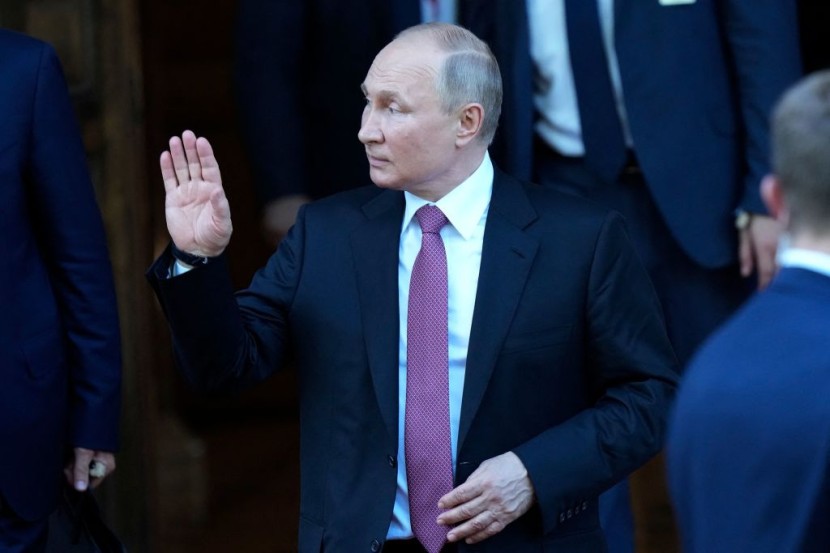
Russia's top ambassador to the US has blamed Washington's foreign policy for contributing to the problem in Kazakhstan, where he claims Moscow has attempted to rapidly restore stability as part of an allied military action at a time when tensions with Ukraine are rising.
The Russian ambassador to the United States has resigned. "There is genuine worry about the expansion of extremist religious doctrine in Central Asia," Anatoly Antonov told Newsweek, blaming the core problem on two decades of destabilizing US military activity in Western and Central Asia.
US, NATO take firm stance ahead of talks on Ukraine crisis
The United States' "war on terror," declared in the aftermath of the 9/11 attacks in 2001, as well as the 2003 invasion of Iraq and regime change efforts in Libya and Syria, which began in 2011, have exacerbated the regional conflict, giving rise to the term "forever wars," coined by both President Joe Biden and Donald Trump to describe open-ended conflicts in which the US has become involved. Both administrations took steps to reduce US military actions overseas while continuing to undertake extraterritoriality operations in a number of nations.
In August, Biden announced the end of the United States' two-decade military presence in Afghanistan, where the Taliban soon reclaimed power. However, months following the pullout, Kazakhstan has had its worst unrest since gaining independence from the Soviet Union in 1990.
After a hike in fuel prices over the weekend sparked outrage in the energy-rich country, President Kassym-Jomart Tokayev, who took power after longtime leader Nursultan Nazarbayev stepped down in 2019, has faced nationwide demonstrations that have resulted in the destruction of state institutions and deadly clashes.
Tokayev's cabinet resigned, and a statewide state of emergency was declared, followed by a plea to the allied Russia-led Collective Security Treaty Organization (CSTO) for help with "terrorist gangs" who had "got significant training overseas."
Per Digital Journal, the US said Friday that a diplomatic settlement with Russia was conceivable, but that it would not give in to Russia's demands in talks next week, as NATO warned of serious threats of a Russian invasion of Ukraine.
After Moscow deployed tens of thousands of troops on the Ukrainian border and pressed the West to pledge in writing not to expand NATO, top Russian and US officials met in Geneva on Monday.
Secretary of State Antony Blinken, in an unusually forthright statement, accused Russia of "gaslighting" the world by claiming Ukrainian provocations and promised that the discussions will focus on Moscow's "aggression toward Ukraine."
Blinken compared Russia to a "fox stating it had to assault the henhouse because its occupants somehow constitute a threat," an image he has used before. Blinken said Russia should be aware that it was presenting "totally non-starter demands," but that it was part of their "playbook."
NATO weighs Russia's security offer
Meanwhile, if tensions at the Russian-Ukrainian border are alleviated, NATO may agree to shift its soldiers further away from Russia's borders. According to a report, de-escalation of the situation in the region entails Russian military withdrawing from the Ukrainian border.
At the same time, NATO will refuse to commit to not expanding eastwards because the alliance's founding papers enable other nations to join if they so want. US-Russian security meetings in Europe may touch on themes such as military reductions and the number of drills in eastern Europe, but only if reciprocal steps are taken, as per TASS.
Related Article : EU Urges Role in the Upcoming Russia-US Security Guarantee Talks Over Ukraine Crisis
@YouTube








